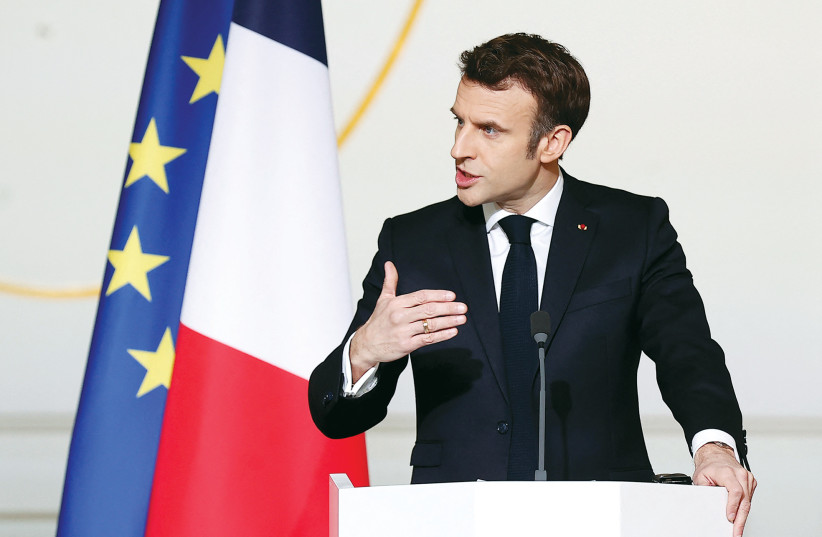France is set to enforce a new regulation from January 1, 2024, disallowing the acceptance of new "foreign-appointed" imams, as per a 2020 announcement by President Emmanuel Macron.
This move, aimed at curbing foreign influence and promoting autonomy in Islamic practices within the country, mandates these imams to either return to their countries or transition into managerial roles in local places of worship.
The decision, originating from President Macron's early 2020 address in Les Mureaux, Yvelines, was part of a broader strategy to combat "separatism." France has provided a three-year notice period for this policy, ending on January 1, 2024.
Interior Minister Gerald Darmanin reaffirmed this policy on Friday, emphasizing the government's intent to prevent imams from being financially supported by foreign states.
A step forward
According to BFMTV, Tariq Oubrou, the grand imam of the Bordeaux mosque, lauded the decision as a step towards reducing political and theological interference from countries of origin.

Similarly, Abdallah Zekri, vice-president of the French Council of Muslim Faith (CFCM), expressed support but clarified that current imams are not separatists.
He stressed that "detached" imams respect the values and laws of the Republic, highlighting the presence of approximately 270 such imams from Algeria and Turkey.
Post-April 1, 2024, existing foreign appointed imams will need to alter their status. A new framework will enable worship place associations to directly hire imams. Yet, the question of their financial support has remained a significant concern, as voiced by Zekri.
The plan to increase the proportion of imams trained partially or wholly in France is part of this broader initiative. While "Ramadan imams," (a group of around 300 singers and reciters who go to France during the holy month) will still be permitted, the government is keen on ensuring that imams have a basic understanding of French.
